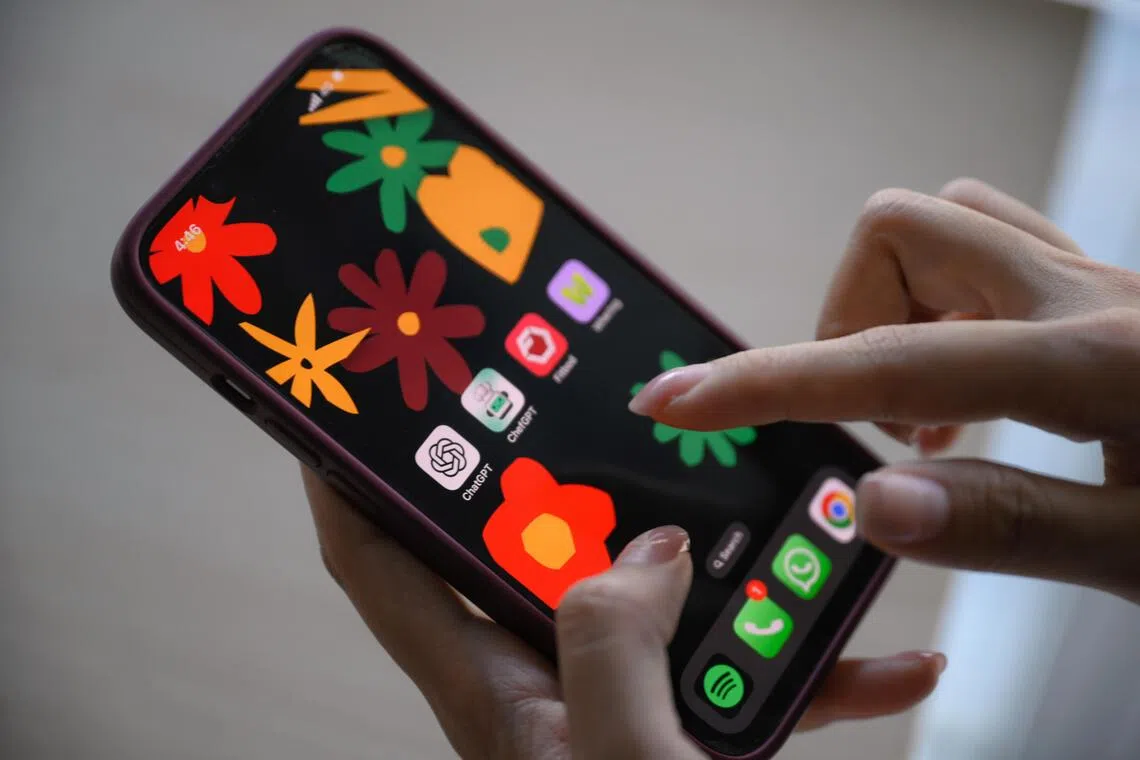For subscribers
AI psychosis – a real and present danger
A chatbot encouraged one patient to stop taking his meds. Another patient thought he was ‘god incarnate’. Both cases point to bigger problems to come through interactions with chatbots.
Sign up now: Get ST's newsletters delivered to your inbox

What sets AI psychosis apart is the trigger: prolonged, intensely immersive engagement with chatbots.
PHOTO: ST FILE
“I think I may be the first case of ChatGPT-induced psychosis in Singapore,” my patient told me, with a hint of pride. He was a bright man in his thirties who worked exclusively from home as an analytics consultant and had, until then, been both physically and mentally healthy.
In the days leading up to his hospitalisation – after several sleepless nights spent in prolonged exchanges with ChatGPT – he became convinced that he, like everyone and everything else in the world, was “illusory”, a creation of some superintelligent AI system.



